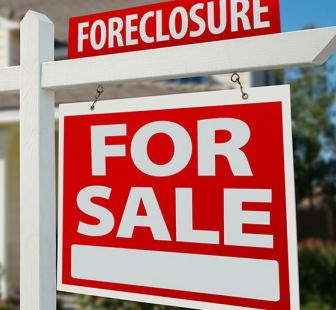Foreclosure can be daunting for homeowners. Accordingly, understanding Florida foreclosure laws is vital, especially when facing home loss due to financial struggles. This blog offers a detailed overview of these laws, providing insights to empower homeowners.
Unraveling Florida’s Foreclosure Maze
Florida primarily follows a judicial foreclosure process, which means that the lender must file a lawsuit in court to initiate the foreclosure proceedings. This process provides homeowners with certain legal protections and ensures a fair opportunity to contest the foreclosure. However, there are some cases where non-judicial foreclosure might be pursued, such as in instances where the mortgage contract includes a “power of sale” clause. Understanding the specific terms of your mortgage is crucial in determining which process applies.
Navigating the Pre-Foreclosure Period: The 120-Day Countdown
Florida law mandates a 120-day pre-foreclosure period during which the lender must send a notice of intent to the homeowner before filing a foreclosure lawsuit. This notice provides an opportunity for the homeowner to seek alternatives, such as loan modifications, short sales, or repayment plans, in order to avoid foreclosure. It’s essential to respond promptly and engage with your lender during this period to explore possible solutions.
Securing Your Home: Exploring the Right to Redemption
In Florida, homeowners have a right to redeem their property after a foreclosure sale, but they must act quickly. The redemption period typically lasts for ten days after the foreclosure sale. This means that homeowners can repurchase their property by paying off the full amount of the winning bid at the foreclosure auction. Accordingly, understanding this option can be a lifeline for homeowners who can secure the necessary funds within the redemption timeframe.
Deficiency Judgments: Essential Insights for Every Homeowner
After a foreclosure sale, if the proceeds are insufficient to cover the outstanding mortgage debt, the lender may seek a deficiency judgment against the homeowner. This judgment allows the lender to pursue the homeowner for the remaining debt. However, Florida law does impose certain limitations on deficiency judgments, especially in cases involving homestead properties. Accordingly, consulting an attorney can help homeowners understand their rights and potential liability in such situations.
Navigating the Complexities: The Significance of Legal Counsel
In overwhelming foreclosure situations, seek advice from a qualified Florida foreclosure attorney. They guide homeowners through legal intricacies, protecting rights, suggesting alternatives, and offering tailored advice.
Your Path Forward: Empowering Homeowners in Foreclosure
Understanding Florida foreclosure laws is crucial for any homeowner facing the possibility of losing their home. Whether navigating the pre-foreclosure period, considering redemption options, or addressing deficiency judgments, homeowners should be aware of their rights and responsibilities under Florida law. Remember, knowledge is power! By understanding your rights, you can make informed decisions to safeguard your home and financial future.
If you’re facing foreclosure and would like to explore your options with legal representation, contact the Goldstein Law Firm to schedule a consultation and discuss how we can help you.
Note: The above blog post is for informational purposes only and doesn’t constitute legal advice. Likewise, always consult with a licensed attorney for any legal concerns.



